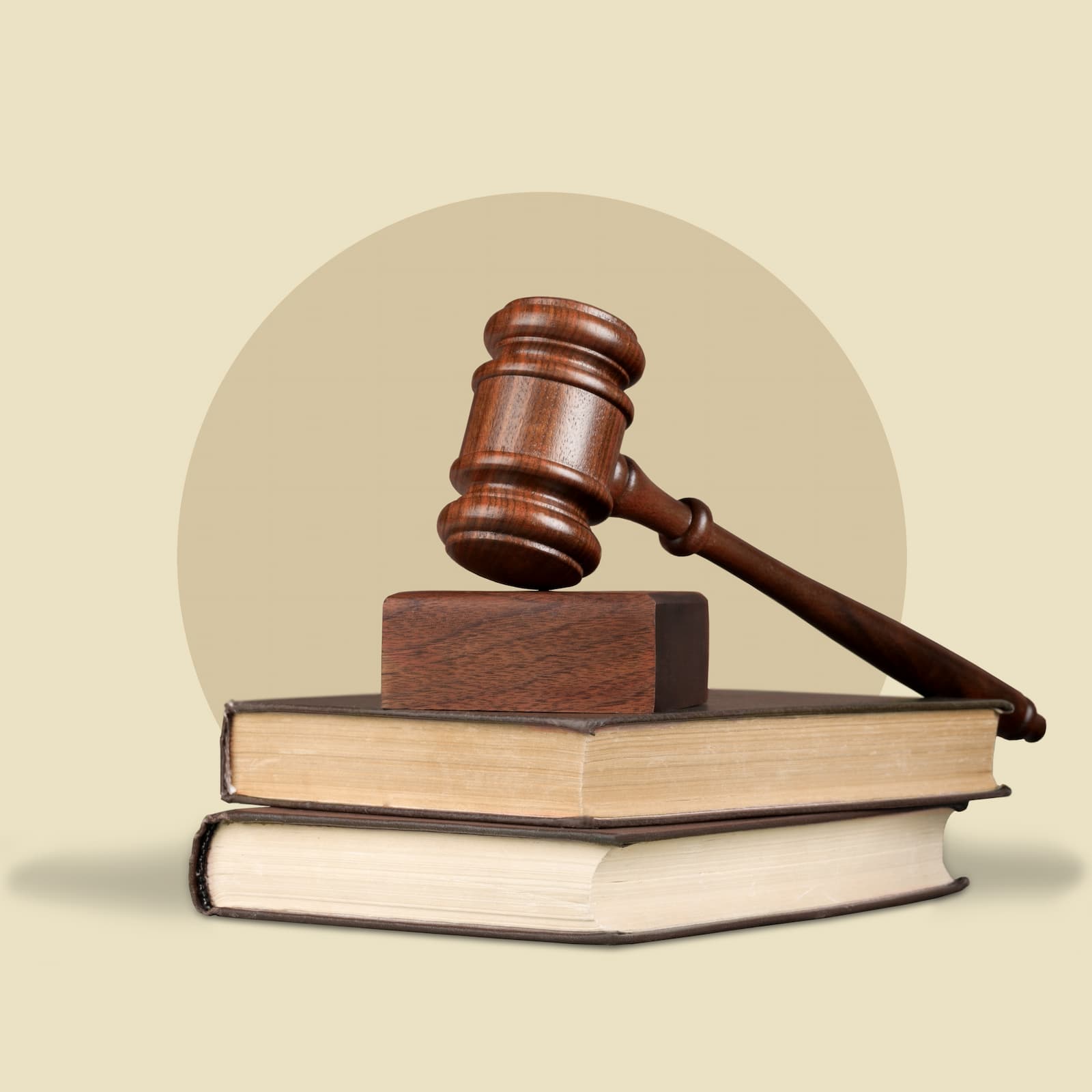How to Prove Medical Negligence in a Delayed Diagnosis Case

When a medical condition goes undiagnosed or is discovered too late, patients and their families often face serious consequences. A delayed diagnosis can allow an illness to progress, complicate treatment, and even put lives at risk. For those impacted, pursuing a medical negligence claim may provide a path toward justice and compensation. Understanding how these cases work, what evidence is needed, and the role of legal support can make the process clearer.
What Is Medical Negligence?
Medical negligence occurs when a healthcare provider fails to meet the accepted standard of care, and that failure causes harm to the patient. This can involve errors in treatment, surgical mistakes, or a misdiagnosis. A delayed diagnosis is one of the most common forms of negligence.
When doctors fail to identify a condition in time, treatment may be postponed or missed entirely. This can lead to avoidable suffering, additional medical procedures, or, in the most serious cases, life-threatening complications. Patients harmed in this way may have the right to seek compensation for their medical bills, lost wages, and the physical and emotional toll of their condition.
Steps to Prove Negligence in a Delayed Diagnosis Case
Every case of delayed diagnosis is unique, but there are key steps involved in showing how negligence occurred:
- Confirming the Doctor-Patient Relationship
This step establishes the duty of care owed by the healthcare provider. Records of appointments, prescriptions, and treatments can confirm that relationship. - Demonstrating a Breach of Care
Patients must show that the provider did not act in line with the accepted standard of care. This involves comparing their actions to what another provider in a similar situation would have done. - Proving Harm Was Caused
It must be clear that the delay in diagnosis directly caused the patient’s worsening condition. Medical records, test results, and testimony can help establish this connection. - Showing Damages
Finally, patients need to demonstrate the damages they suffered, whether financial, physical, or emotional. This may include medical expenses, lost wages, ongoing care needs, or pain and suffering.
Gathering Evidence for Your Case
Strong evidence is the foundation of any medical negligence claim. Patients should collect:
- Complete medical records, including test results, imaging, and treatment notes
- A detailed timeline of appointments and interactions with providers
- Documentation of costs, such as hospital bills and prescription expenses
- Notes on how the delayed diagnosis has affected daily life and overall health
In addition, testimony from medical professionals can provide valuable insight into how the care provided compares to accepted standards. Organizing evidence clearly and chronologically helps build a strong and compelling case.
Why Legal Support Is Important
Medical negligence cases are often complex and involve technical medical details alongside legal requirements. An attorney can help by reviewing records, identifying key evidence, and guiding patients through the legal process. Legal support is especially important when negotiating with insurance companies or preparing for court. Having someone on your side who understands the challenges of medical negligence claims can give you confidence as you move forward.
Contact Us at Slager Madry LLC
If you or a loved one has been affected by a delayed diagnosis, you don’t have to navigate the process alone. At Slager Madry LLC, our attorneys are committed to helping individuals and families understand their rights and pursue fair compensation. Contact us today to schedule a consultation.
Image credit: Billion Photos / Shutterstock
